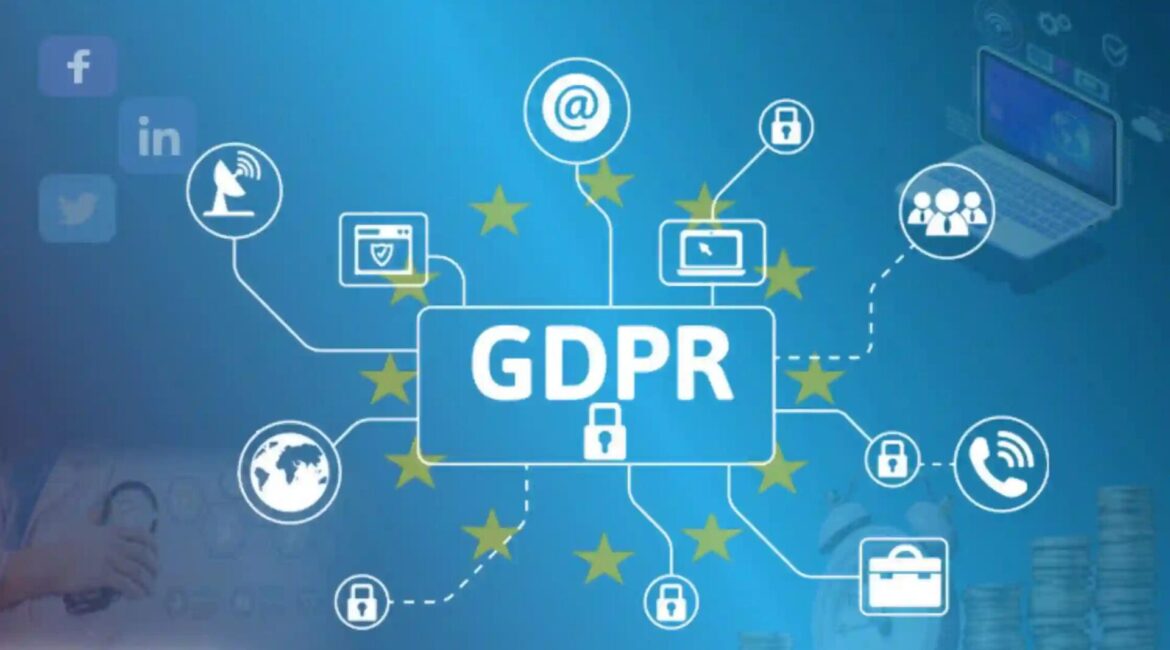In today’s digital landscape, data privacy and protection are paramount. The General Data Protection Regulation (GDPR), implemented in 2018, sets strict guidelines for how businesses collect, store, and process personal data, including email addresses.
For email marketers, GDPR compliance is not just a legal obligation; it’s an opportunity to build trust with your subscribers and demonstrate your commitment to ethical data practices. Let’s explore the key aspects of GDPR and how to ensure your email marketing stays compliant:
- Lawful Basis for Processing: You must have a lawful basis for processing personal data, such as consent, contract, or legitimate interest. For email marketing, obtaining explicit consent from subscribers is generally the most appropriate basis.
- Transparency and Information: Be transparent about how you collect, use, and store subscriber data. Provide clear and concise privacy notices that explain your data practices and give subscribers control over their information.
- Consent Management: Implement a robust consent management system that allows subscribers to easily give, withdraw, or manage their consent preferences. Ensure consent is freely given, specific, informed, and unambiguous.
- Data Minimization: Only collect the personal data that is necessary for your email marketing purposes. Avoid collecting excessive or irrelevant information.
- Data Security: Implement appropriate technical and organizational measures to protect subscriber data from unauthorized access, loss, or alteration.
- Data Subject Rights: Respect subscribers’ rights to access, rectify, erase, restrict processing, and data portability. Respond to their requests promptly and transparently.
- Data Breach Notification: In the event of a data breach, notify the relevant authorities and affected individuals within 72 hours.
Key tips for GDPR-compliant email marketing:
- Use double opt-in: Require subscribers to confirm their subscription through a double opt-in process. This ensures explicit consent and helps maintain a clean and engaged list.
- Provide an easy unsubscribe option: Make it simple for subscribers to unsubscribe from your emails at any time.
- Review and update your privacy policy: Ensure your privacy policy is up-to-date and reflects your current data practices.
- Conduct regular data audits: Review your data collection and processing activities to ensure compliance with GDPR.
- Seek professional advice if needed: If you’re unsure about any aspect of GDPR compliance, consult with a legal or data protection expert.
By adhering to GDPR guidelines, you not only avoid potential fines and legal issues but also build trust with your subscribers, enhance your brand reputation, and create a more sustainable and ethical email marketing strategy.
Need help ensuring your email marketing is GDPR compliant?
Book a consultation with us today to review your current practices and develop a strategy to protect subscriber data and build trust.

